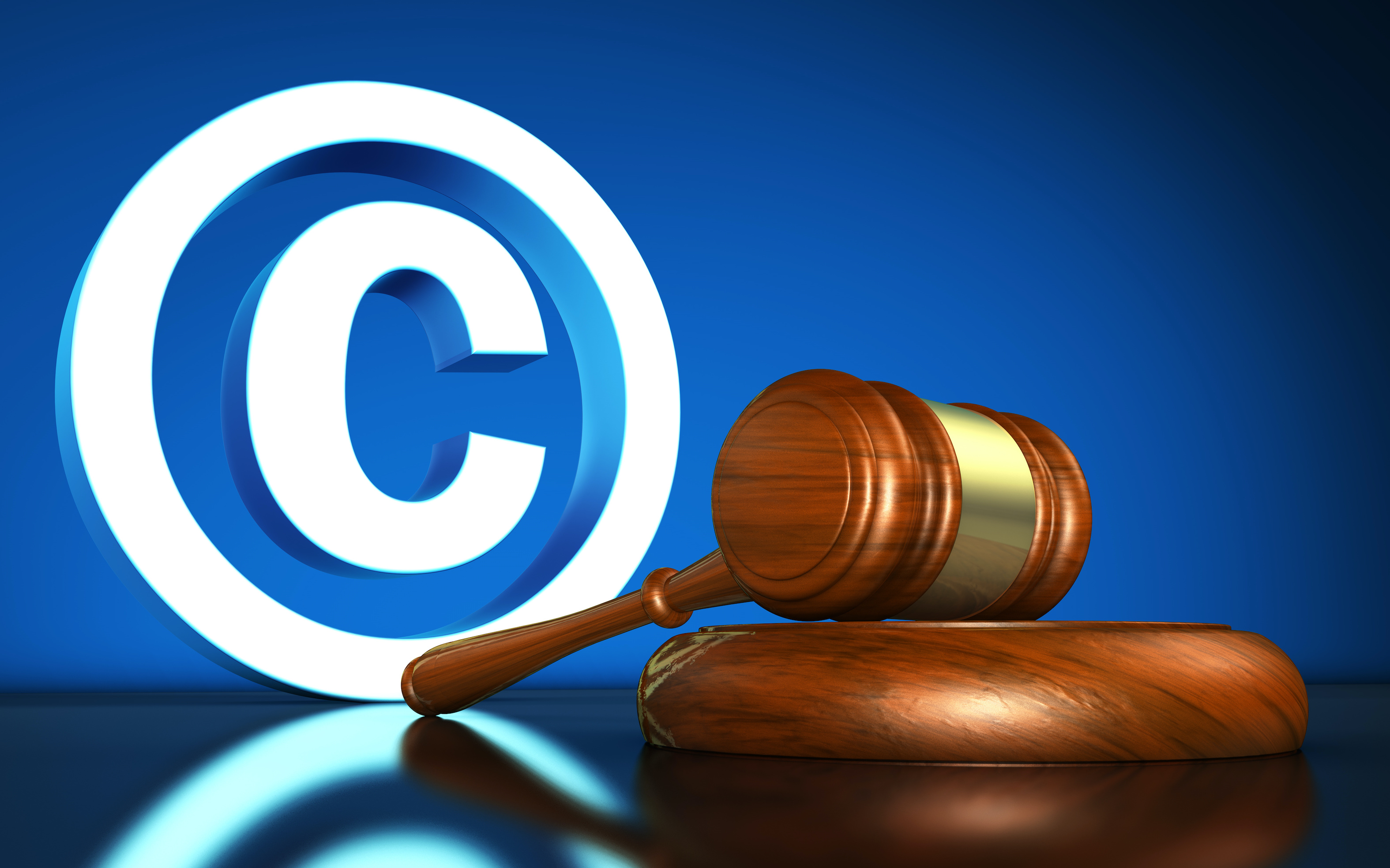With all the laws in the country, some people may think that copyright laws aren’t that serious, but they are wrong. Copyright laws are very important so it’s only right that people try to learn everything about them. Here are the 10 most common myths about copyright laws and what the truth really is.
1) "If it doesn't have a copyright notice, it's not copyrighted."
This myth is so popular because it used to be true. Currently, the law on the matter is rather different. Since most countries have been adhering to the Berne copyright convention, it means that anything created privately after April 1, 1989 is copyrighted whether or not it has a notice. In other words, assume everything is copyrighted just to be safe. Even phrases like “all rights reserved” are no longer needed for something to fall under copyright protection.
- U.S. Copyright Office: Official copyright office for the United States.
2) "If I don't charge for it, it's not a violation."
A lot of people also assume that you can use something as long as you’re not making any money off of it. This is blatantly false. Charging for copyright material will only matter in the event that a court decides to award monetary damages. Just because you are not making money from the copyrighted material, it doesn’t mean that you are free to use it in any which way. You still have to obtain permission.
- Overview: An overview of copyright law.
3) "If it's posted to Usenet it's in the public domain."
Usenet is a popular information exchange site, but that doesn’t mean the information there is not copyrighted. Unless the owner physically puts it on Usenet, it’s not considered public domain. Information found on Usenet still belongs to the original owner and it’s not safe to assume that because it’s there, anyone can use it. That’s false. Copyright law still applies.
4) "My posting was just fair use!"
A lot of people also try to use “fair use” as a claim to information. While it’s true that some things do fall under the category of “fair use,” it only applies to parody, commentary, news reporting, and some educational purposes. Fair use usually only applies to short excerpts that are sourced back to where they came from. It’s also important that nothing infringe on the value of the original work.
- International Copyright Law: Provides details on international copyright laws.
5) "If you don't defend your copyright you lose it." and "Somebody has that name copyrighted!"
These two myths are also false. Most often, the name you apply to trademarks can end up being weakened or lost, if they’re not defended. Let’s use an example. Delta Airlines owns the term “Delta” but only if it’s applied to air travel. Delta Hotels owns this copyright when it refers to hotels. Using a trademark in a way that infringes on the value of the original is prohibited by copyright laws.
- Exceptions For Instructors: Explains how educators need to follow copyright law.
6) "If I make up my own stories, but base them on another work, my new work belongs to me."
There are also people who assume that taking an idea and making it just different enough is not a violation of copyright laws. Again, it’s false. There is a specific section in copyright law that refers to “derivative works.” If you use the same settings and characters in a new story, those characters still belong to the original author, but you need permission. Parodies are the only exception in this case.
- Copyright Law and Electronic Reserves: Archive of copyright law documents.
7) "They can't get me, defendants in court have powerful rights!"
People who violate copyright law aren’t afraid of jail time. In fact, copyright law cases mostly end up in criminal court because the copyright holder sues the offender. The “beyond proof of a reasonable doubt” attitude doesn’t apply to civil suits so it’s much easier to get a judgment against people.
- General Law: Outlines general copyright law.
8) "Oh, so copyright violation isn't a crime or anything?"
Some people are also under the impression that because it’s not a “real” crime, it doesn’t matter. Any copyright infringement valued at over $25,000 is a felony so you can go to jail for it. Only truly serious cases are prosecuted, but they ARE prosecuted. Few cases have been tried so far.
- Collection of Copyright Laws: Another collection of important laws.
9) "It doesn't hurt anybody -- in fact it's free advertising."
Some offenders may try to paint their violations in a positive light by insisting that they are actually protecting the original content by helping to promote it. In this case, the author has to want that publicity to make it legitimate. Permission must always be obtained.
- Copyright Law: A Primer for Developers: Good guide for developers.
10) "They e-mailed me a copy, so I can post it."
Having a copy does not mean that you can do what you want with it. The copy is still protected and it belongs to the author, whether you found it in a book or you got it from by some other means.
- Student Press Copyright Center: Resource page on copyright law by the Student Press Law Center.
Copyright law is really simple if you remember that it belongs to someone else. Don’t use it if you are unsure.
("Legal information found on this page does not constitute legal advice.")
